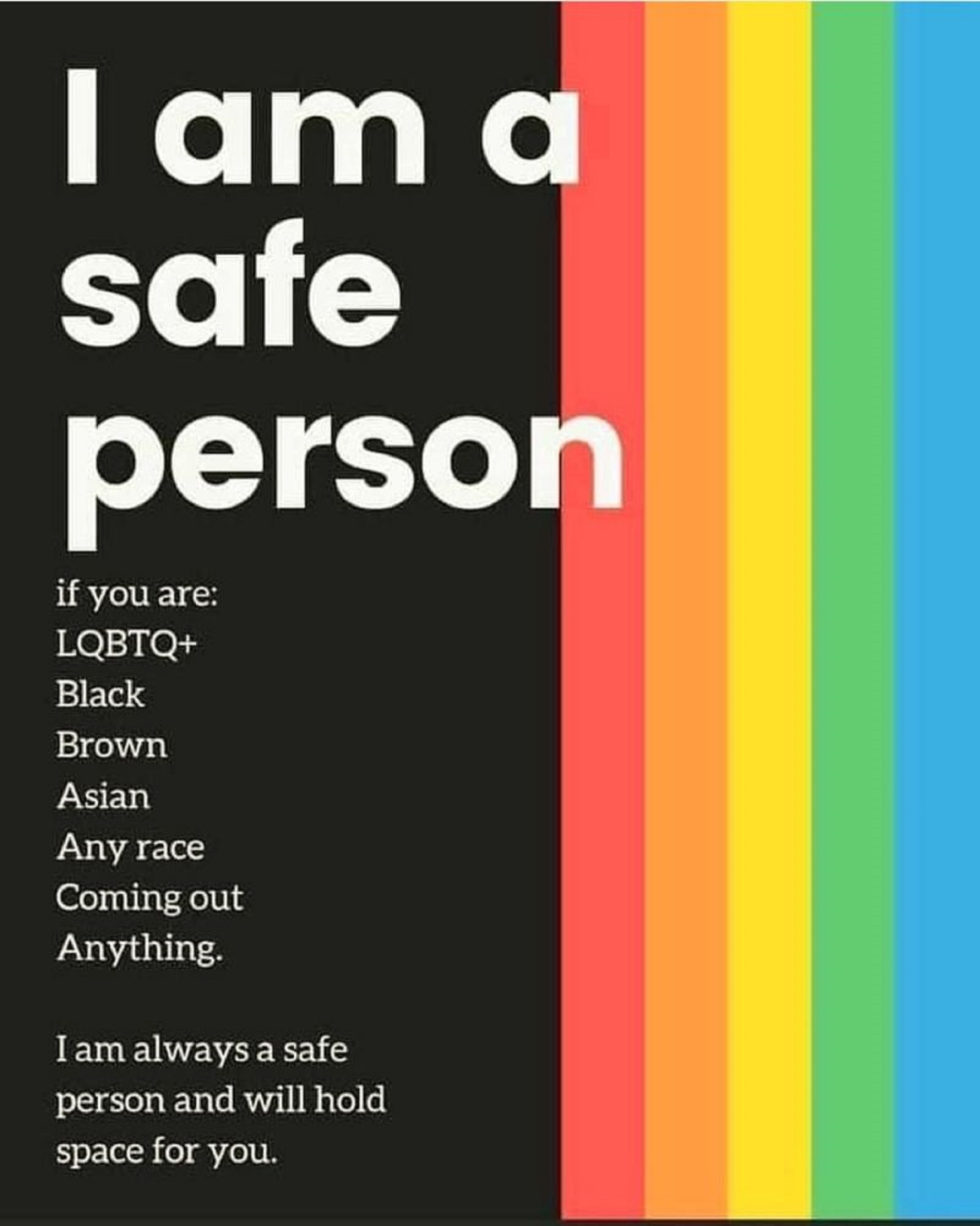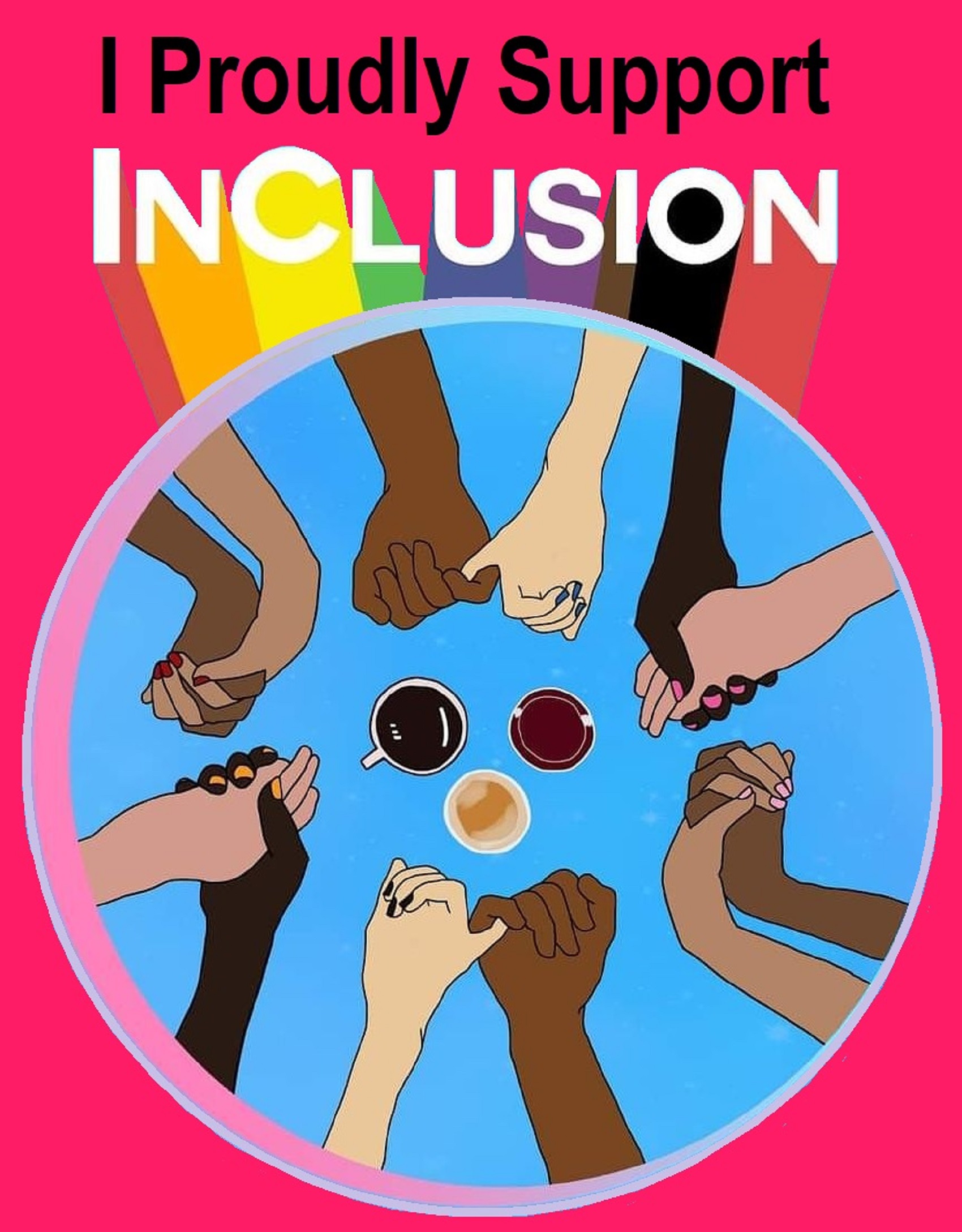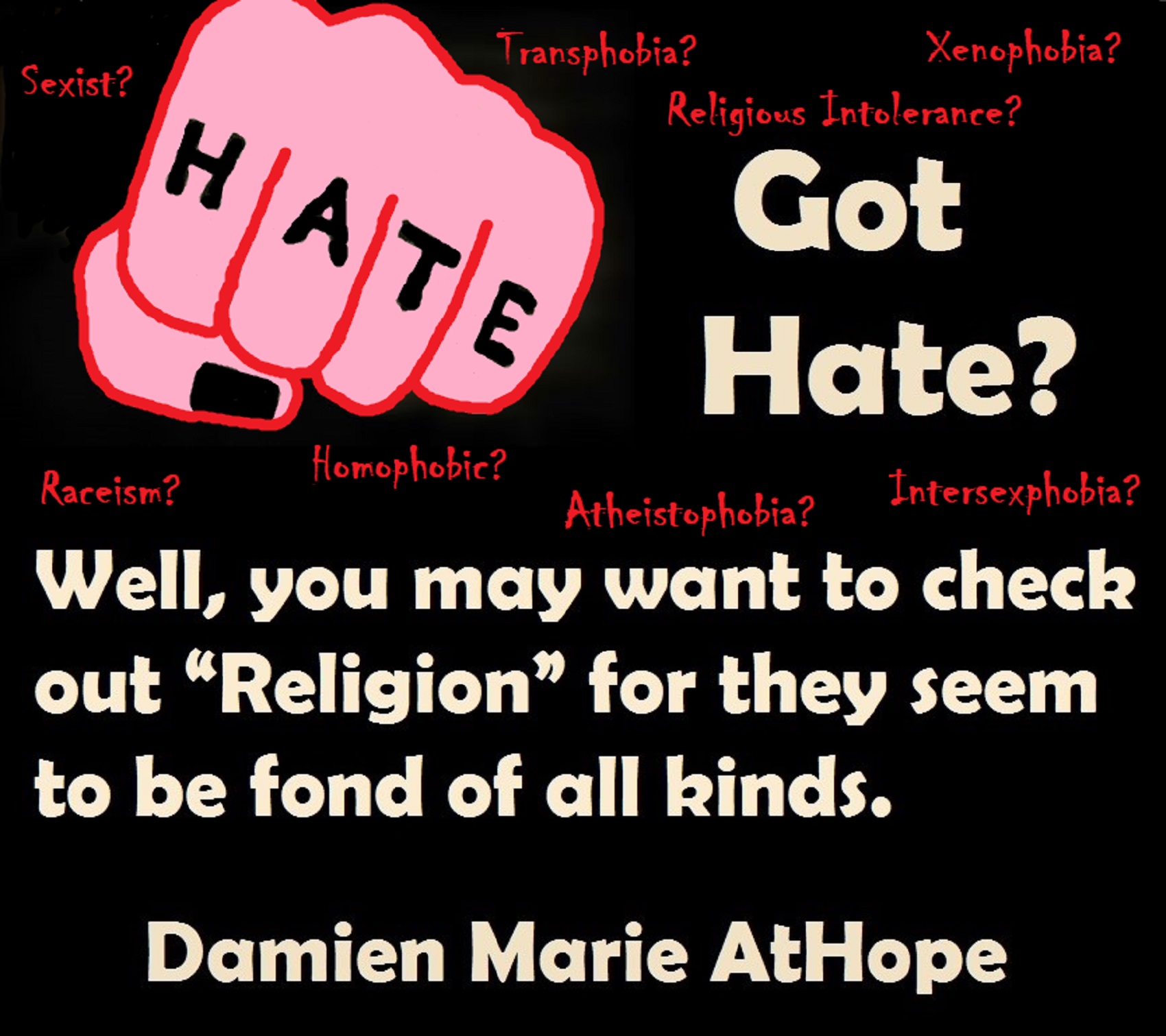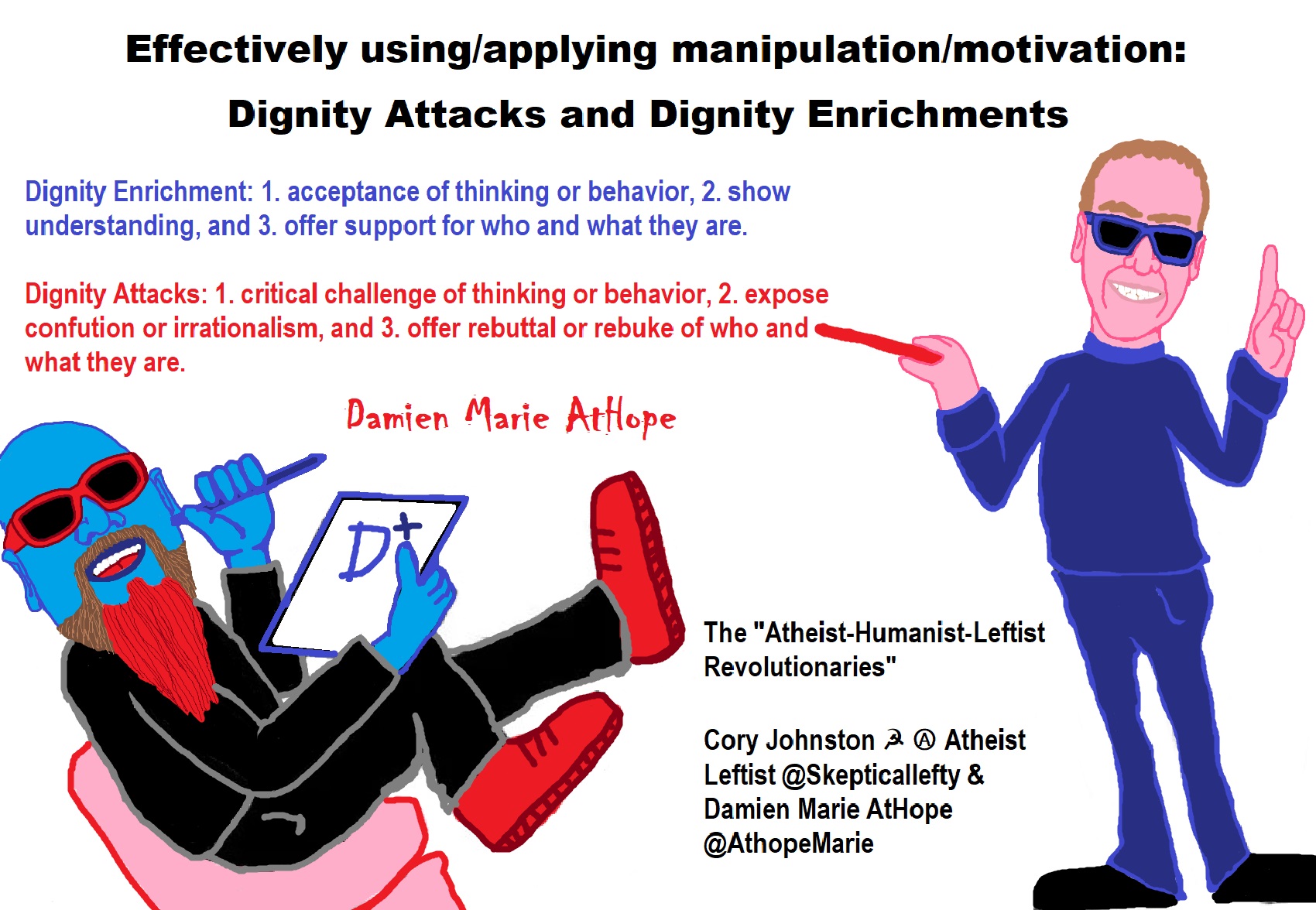
Navigating Dignity: Well-being, Motivation, Morality, Ethics, Rights, Law, and Politics (Video)
Pain of the mind is some of the most lasting pain but so to freedom of the mind is some of the most lasting freedom. I find peace in myself for I am will to power.
Effectively using/applying manipulation/motivation: Dignity Attacks and Dignity Enrichments (Video)
The “Atheist-Humanist-Leftist Revolutionaries”
Cory Johnston ☭ Ⓐ Atheist Leftist @Skepticallefty & Damien Marie AtHope @AthopeMarie (my youtube & related blog) are working jointly in atheist, antitheist, antireligionist, antifascist, anarchist, socialist, and humanist endeavors when we feel like it.
On 6/4 will be our show on “Effectively using/applying manipulation/motivation: Dignity Attacks and Dignity Enrichments”
“Dignity is the right of a person to be valued and respected for their own sake, and to be treated ethically. It is of significance in morality, ethics, law, and politics as an extension of the Enlightenment-era concepts of inherent, inalienable rights. The term may also be used to describe personal conduct, as in “behaving with dignity.” ref
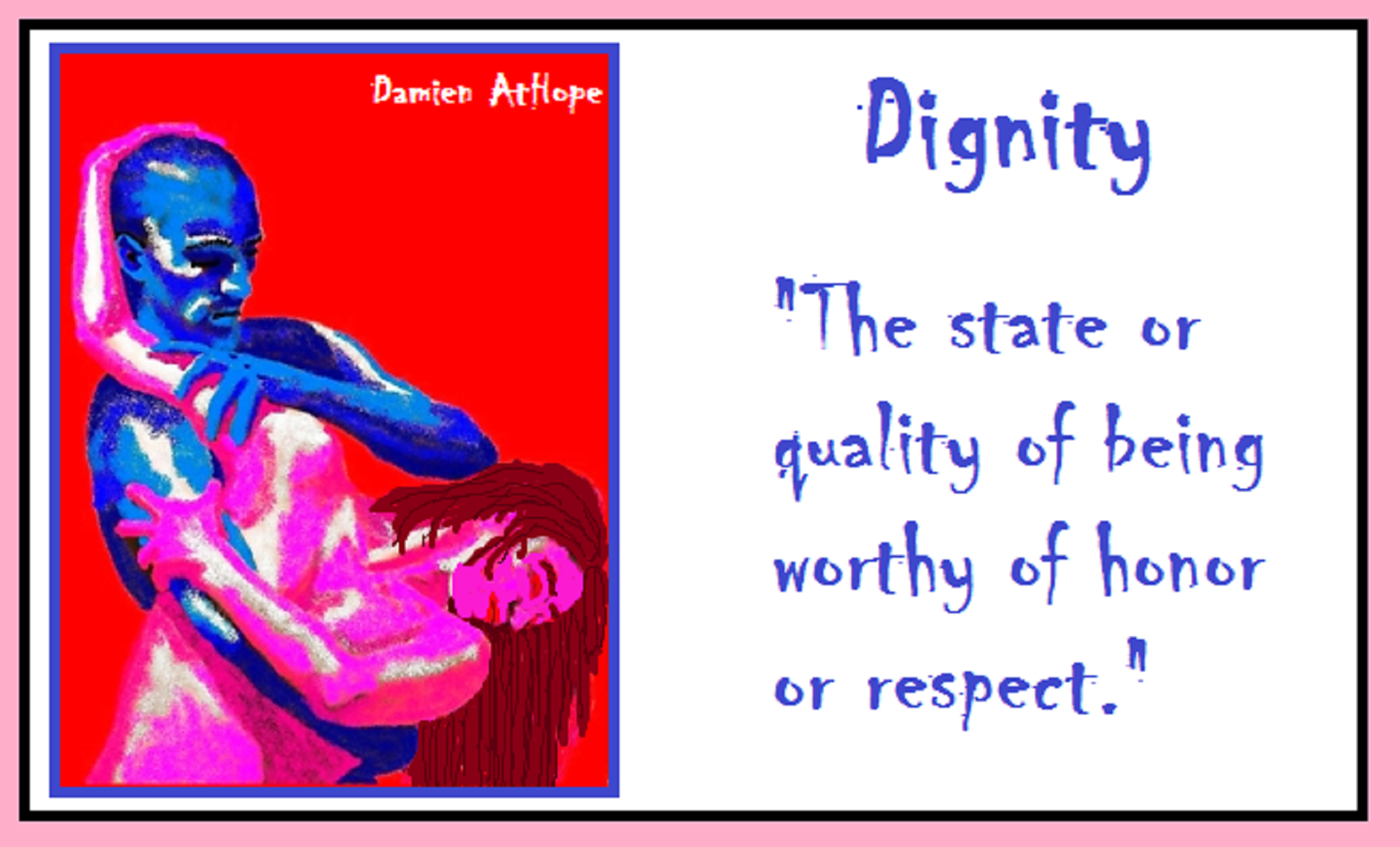
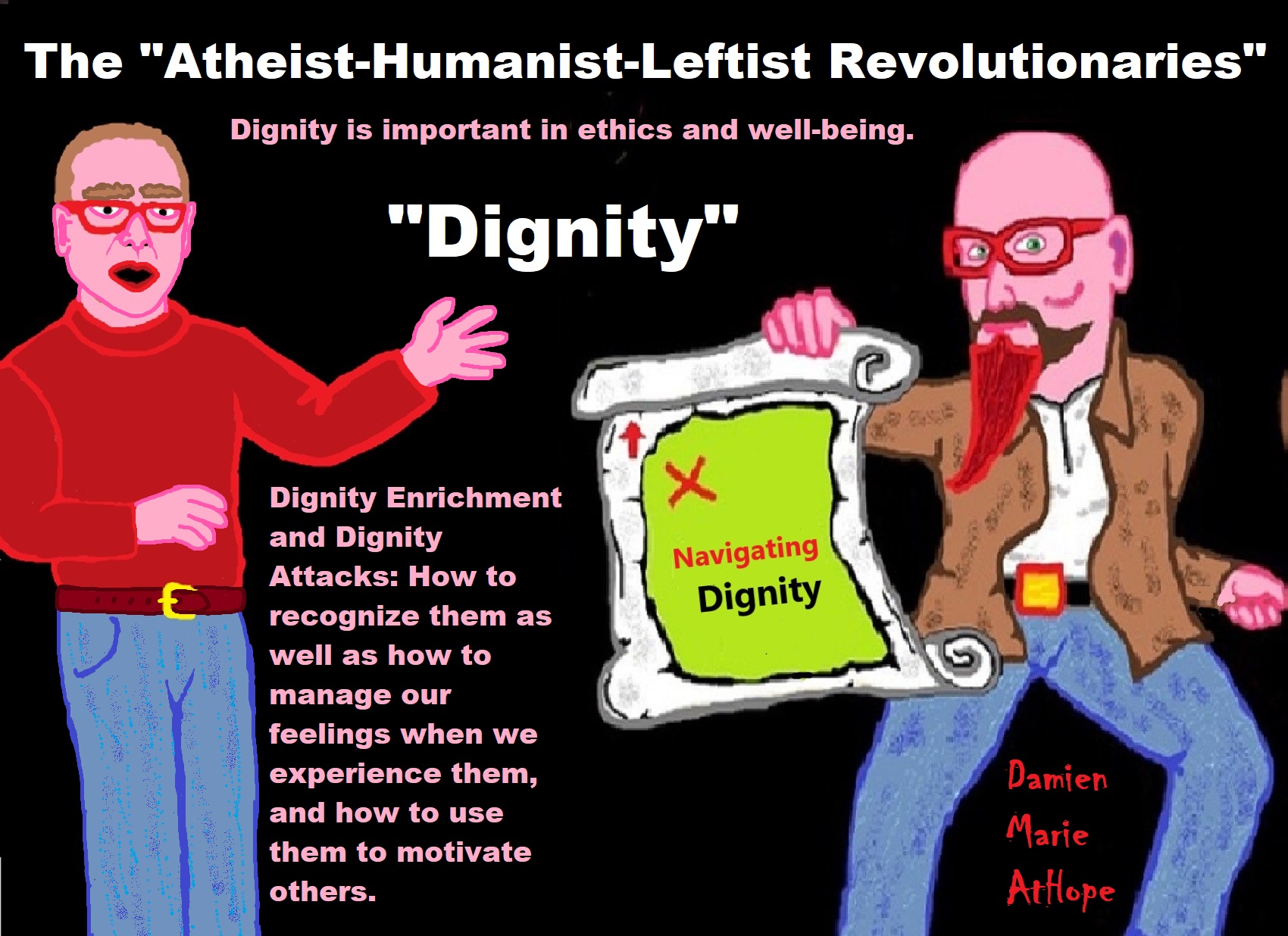
Here is a good dignity attack. It is stated in an off-handed way as that makes them feel it more:
“I thought you were a person of honor, I guess I was wrong…” – Dignity Attack
PS. And if you say it to someone say it as if sad not angry as that will add to the power of the Dignity Attack as it is then said in a Dignity Attack way, not an obvious attack way they are more prepared against. People are made strong in anger but weak in shame as they panic to defend themselves but feel vulnerable trying to do so against a real Dignity Attack. But understanding and being aware of Dignity Attacks one can shrug them off easier or understand how to not let them in.
Controlling or dissolving your EGO for the moment is the strongest defense against Dignity Attacks that actually work well if one’s EGO is involved as EGO is like a blindfold to clear thinking and instead makes one very sensitive to any challenge to EGO.
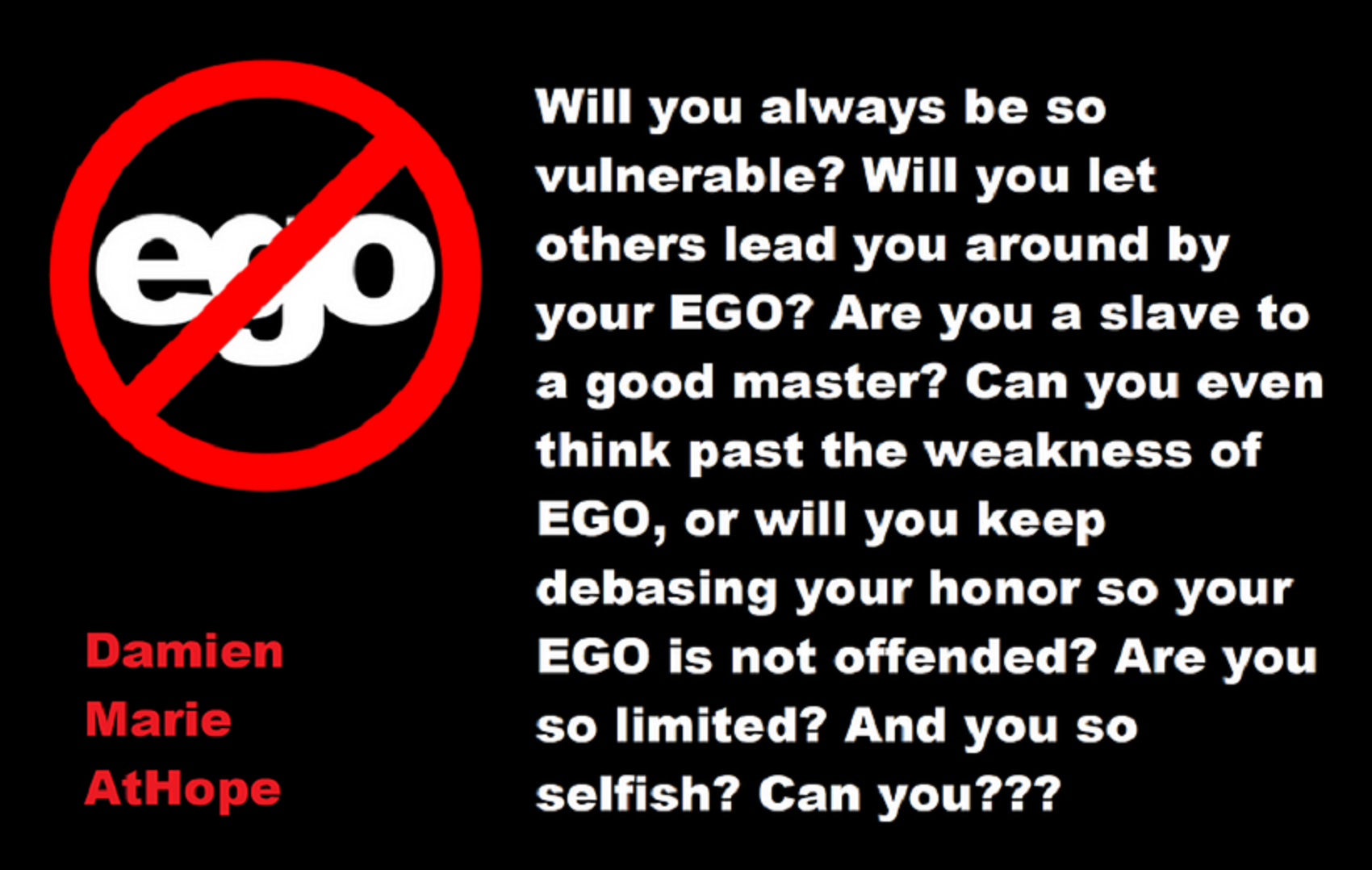
Social intelligence (SI) = “tact,” “common sense,” or “street smarts”
What Is Social Intelligence? Why Does It Matter?
Social intelligence is the key to career and life success. Do you have it?
Posted Jul 01, 2014 by Ronald E Riggio Ph.D.Cutting-Edge Leadership
Intelligence, or IQ, is largely what you are born with. Genetics play a large part. Social intelligence (SI), on the other hand, is mostly learned. SI develops from experience with people and learning from success and failures in social settings. It is more commonly referred to as “tact,” “common sense,” or “street smarts.”
What are the key elements of social intelligence?
1. “Verbal Fluency and Conversational Skills. You can easily spot someone with lots of SI at a party or social gathering because he or she knows how to “work the room.” The highly socially intelligent person can carry on conversations with a wide variety of people, and is tactful and appropriate in what is said. Combined, these represent what are called “social expressiveness skills.” Ref
2. “Knowledge of Social Roles, Rules, and Scripts. Socially intelligent individuals learn how to play various social roles. They are also well versed in the informal rules, or “norms,” that govern social interaction. In other words, they “know how to play the game” of social interaction. As a result, they come off as socially sophisticated and wise.” Ref
3. “Effective Listening Skills. Socially intelligent persons are great listeners. As a result, others come away from an interaction with an SI person feeling as if they had a good “connection” with him or her.” Ref
4. “Understanding What Makes Other People Tick. Great people watchers, individuals high in social intelligence attune themselves to what others are saying, and how they are behaving, in order to try to “read” what the other person is thinking or feeling. Understanding emotions is part of Emotional Intelligence, and Social Intelligence and Emotional Intelligence are correlated – people who are especially skilled are high on both.” Ref
5. “Role Playing and Social Self-Efficacy. The socially intelligent person knows how to play different social roles – allowing him or her to feel comfortable with all types of people. As a result, the SI individual feels socially self-confident and effective – what psychologists call “social self-efficacy.” Ref
6.” Impression Management Skills. Persons with SI are concerned with the impression they are making on others. They engage in what I call the “Dangerous Art of Impression Management,” which is a delicate balance between managing and controlling the image you portray to others and being reasonably “authentic” and letting others see the true self. This is perhaps the most complex element of social intelligence.” Ref
How can you develop social intelligence?
“It takes effort and hard work. Begin by paying more attention to the social world around you. Work on becoming a better speaker or conversationalist. Networking organizations, or speaking groups, such as Toastmasters, are good at helping develop basic communication skills. Work on becoming a more effective listener, through what is called “active listening” where you reflect back what you believe the speaker said in order to ensure clear understanding. Most importantly, study social situations and your own behavior. Learn from your social successes and failures. I’ll give some more specific SI exercises in a future post.” Ref
References and Further Reading: Archer, D. (1980). How to expand your social intelligence quotient. New York: Evans. Ref
Social Intelligence – Daniel Goleman
The most fundamental discovery of this new science: We are wired to connect.
Social Intelligence: The New Science of Human Relationships Kindle Edition
“Neuroscience has discovered that our brain’s very design makes it sociable, inexorably drawn into an intimate brain-to-brain linkup whenever we engage with another person. That neural bridge lets us impact the brain—and so the body—of everyone we interact with, just as they do us. Even our most routine encounters act as regulators in the brain, priming emotions in us, some desirable, others not. The more strongly connected we are with someone emotionally, the greater the mutual force. The most potent exchanges occur with those people with whom we spend the greatest amount of time day in and day out, year after year—particularly those we care about the most. During these neural linkups, our brains engage in an emotional tango, a dance of feelings. Our social interactions operate as modulators, something like interpersonal thermostats that continually reset key aspects of our brain function as they orchestrate our emotions. The resulting feelings have far-reaching consequences, in turn rippling throughout our body, sending out cascades of hormones that regulate biological systems from our heart to immune cells. Perhaps most astonishing, science now tracks connections between the most stressful relationships and the very operation of specific genes that regulate the immune system.” — From the prologue to Social Intelligence Ref
“To a surprising extent, then, our relationships mold not just our experience, but our biology. The brain-to-brain link allows our strongest relationships to shape us in ways as benign as whether we laugh at the same jokes or as profound as which genes are (or are not) activated in t-cells, the immune system’s foot soldiers in the constant battle against invading bacteria and viruses. That represents a double-edged sword: nourishing relationships have a beneficial impact on our health, while toxic ones can act like slow poison in our bodies. Virtually all the major scientific discoveries I draw on in this volume have emerged since Emotional Intelligence appeared in 1995, and they continue to surface at a quickening pace. I intend this book to be a companion volume to Emotional Intelligence, exploring the same terrain of human life from a different vantage point, one that allows a wider swath of understanding of our personal world. When I wrote Emotional Intelligence, my focus was on a crucial set of human capacities within an individual, the ability to manage our own emotions and our inner potential for positive relationships. Here the picture enlarges beyond a one-person psychology—those capacities an individual has within—to a two-person psychology: what transpires as we connect. Take, for example, empathy, the sensing of another person’s feelings that allows rapport. Empathy is an individual ability, one that resides inside the person. But rapport only arises between people, as a property that emerges from their interaction. Here the spotlight shifts to those ephemeral moments that emerge as we interact. These take on deep consequence as we realize how, through their sum total, we create one another.” — From the prologue to Social Intelligence Ref
Dignity = respect?
To me, dignity may be summarized as acknowledging as well as honoring that others own themselves and thus possess value as fellow dignity beings. In the end, all we really have is each other and life is too damn short to not be kind.
Utilizing Dignity
Dignity Enrichment: 1. acceptance of thinking or behavior, 2. show understanding, and 3. offer support for who and what they are.
Dignity Attacks: 1. critical challenge of thinking or behavior, 2. expose confusion or irrationalism, and 3. offer rebuttal or rebuke of who and what they are.
Attacking the Person?
I strive to attack thinking and not people but I sometimes may use dignity attacks or character attacks about behavior or thinking people are doing. I only say things they can quickly fix or change. Then I will pressure them to change it. My point in doing this is help mirror the bad or errored thinking or behavior so they can change if they wish I try to never do it to hurt anyone as I see this as not a productive and potentially abusive.
However, if I only spend my time pointing fingers have I not wasted time I could have also offered helping hands. Thus, even though somethings things need to be harshly pointed out so too is there a need to be involved in the benefit of helping where we can. May my drive to help not be somehow silenced just because there is a need to fight all that is wrong. I want to thank everyone throughout my life that have treated me with compassion and kindness. From something as simple as a smile or comforting word, to things that create impacts so big they were life-altering; you have written with the pen of love across my heart and have helped me be a person who strives to also show and treat others with compassion as well as kindness. I do not respect faith, I respect people. I value the sanctity of “rights” of every person to self-define their beliefs and do not attack people because of what they believe. I say, attack thinking not people. We who truly value ourselves and others can and do make a better world. May we together fill the world with this shining example of humanity.
My *Axiological Dignity Being Theory*
An “Axiological assessment of human beings” shows with an axiological awareness a logic of values is clear which takes as its basic premise that “all persons always deserve positive regard.” – Progressive Logic by William J. Kelleher, Ph.D. And the reason why we should are is because we are Dignity Beings.
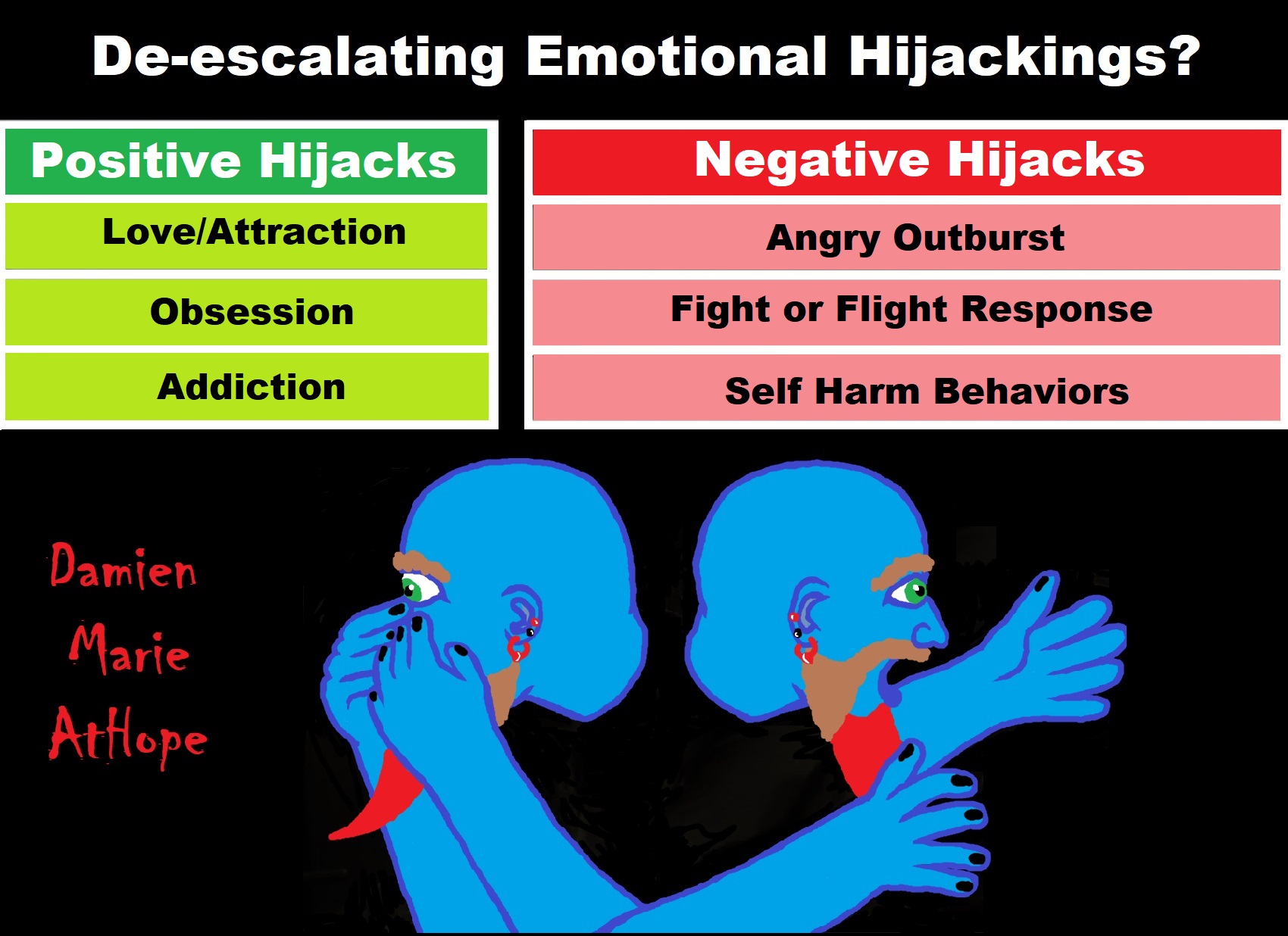
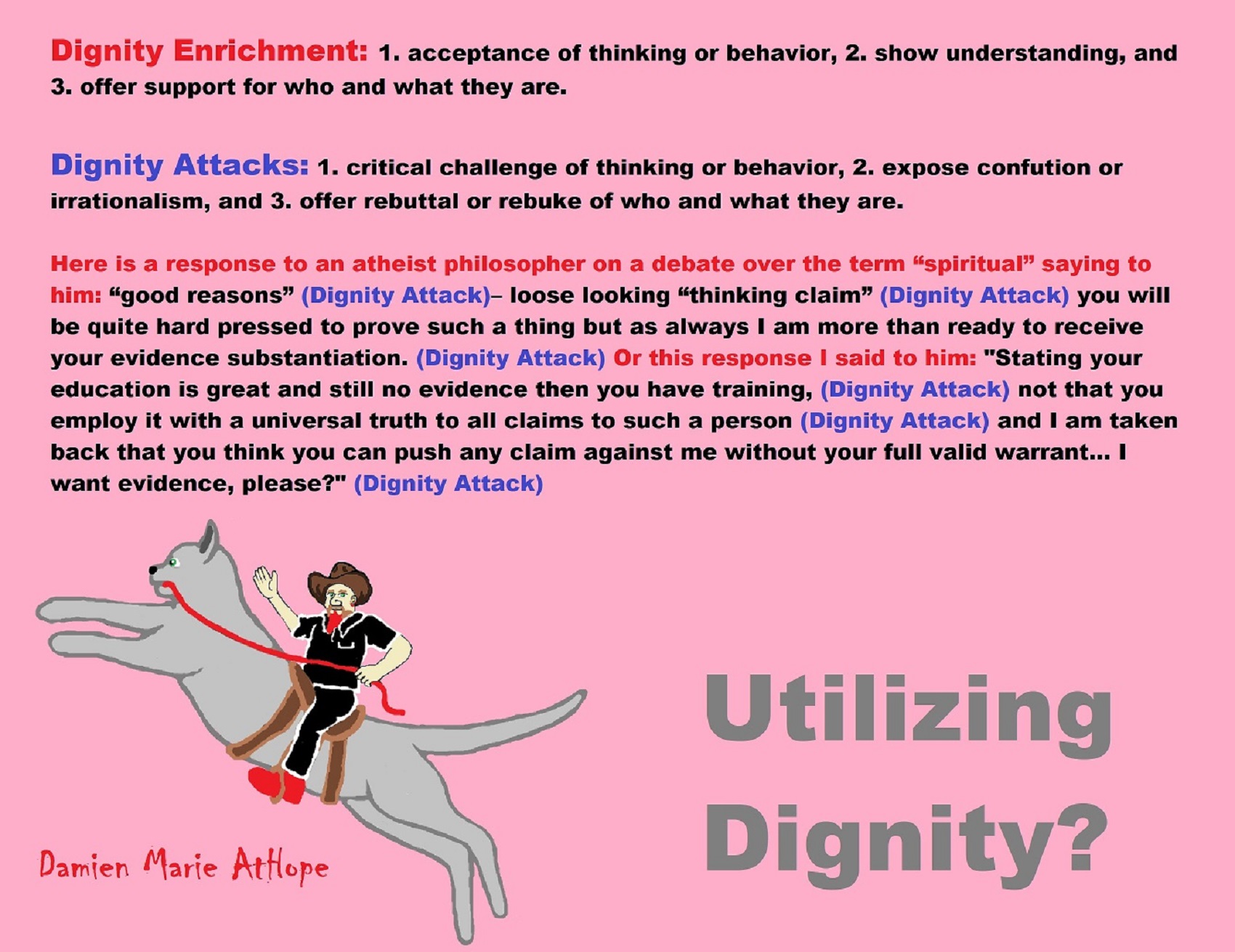
Here is me using these skills on a Troll:

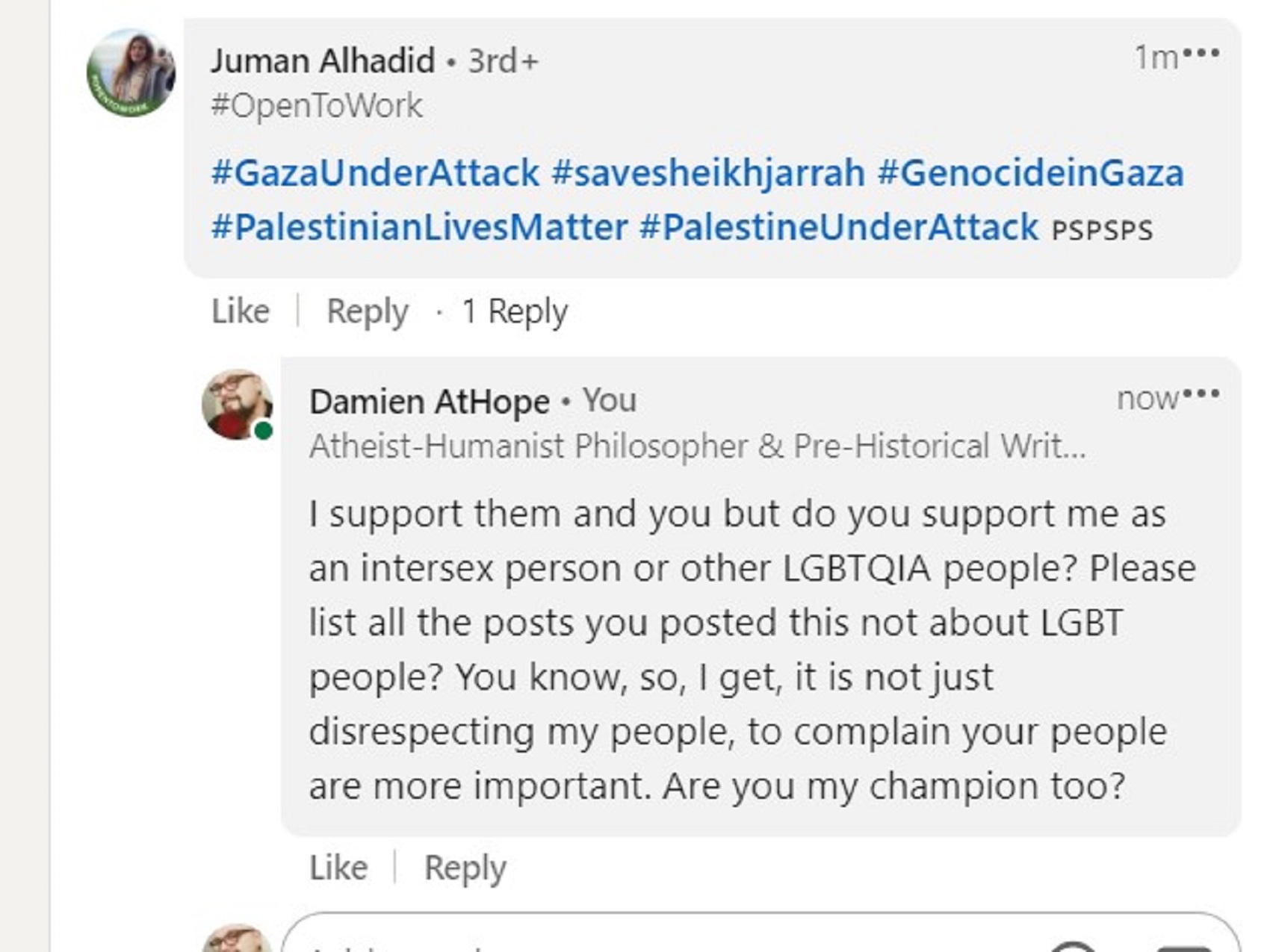


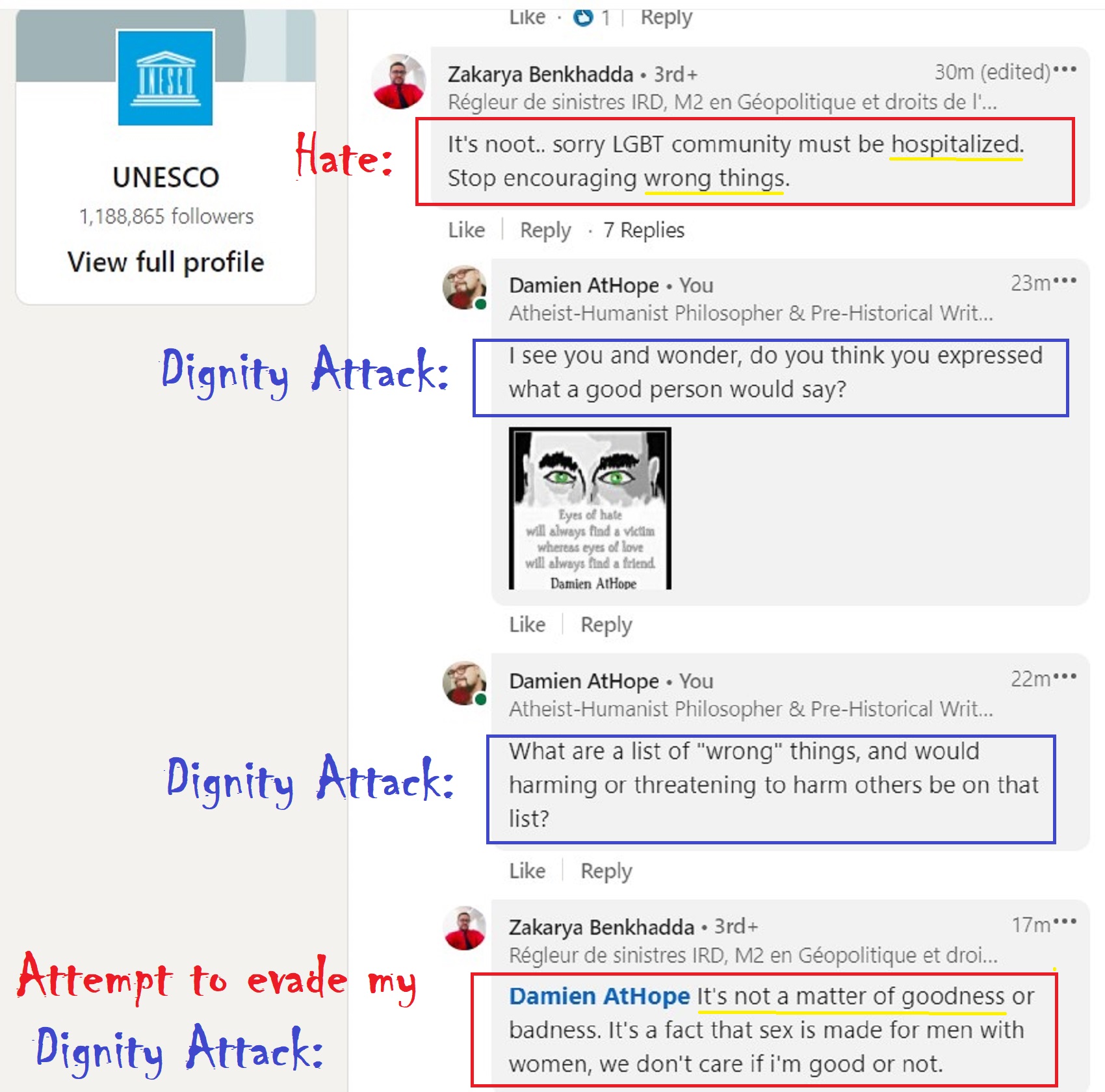
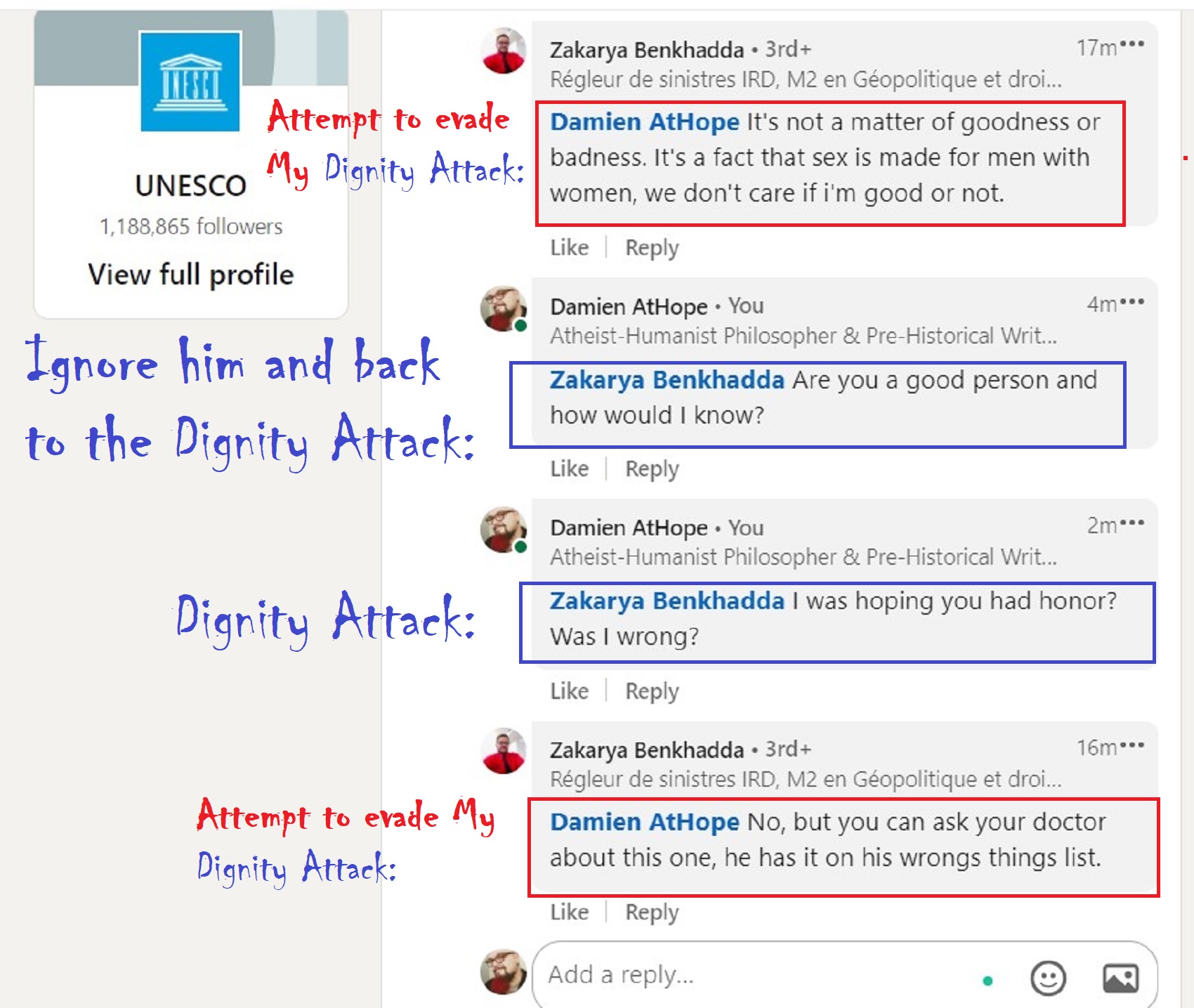
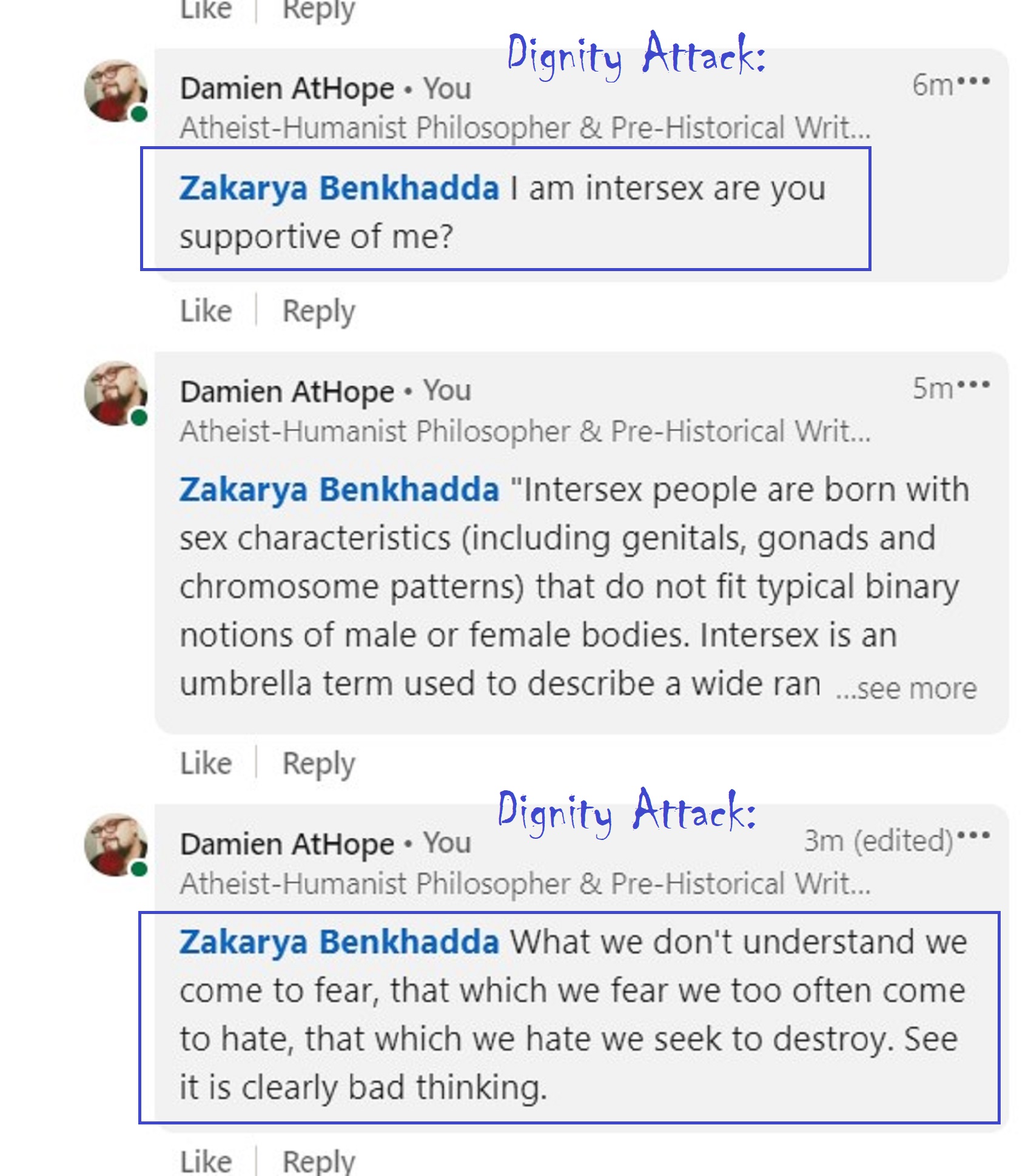
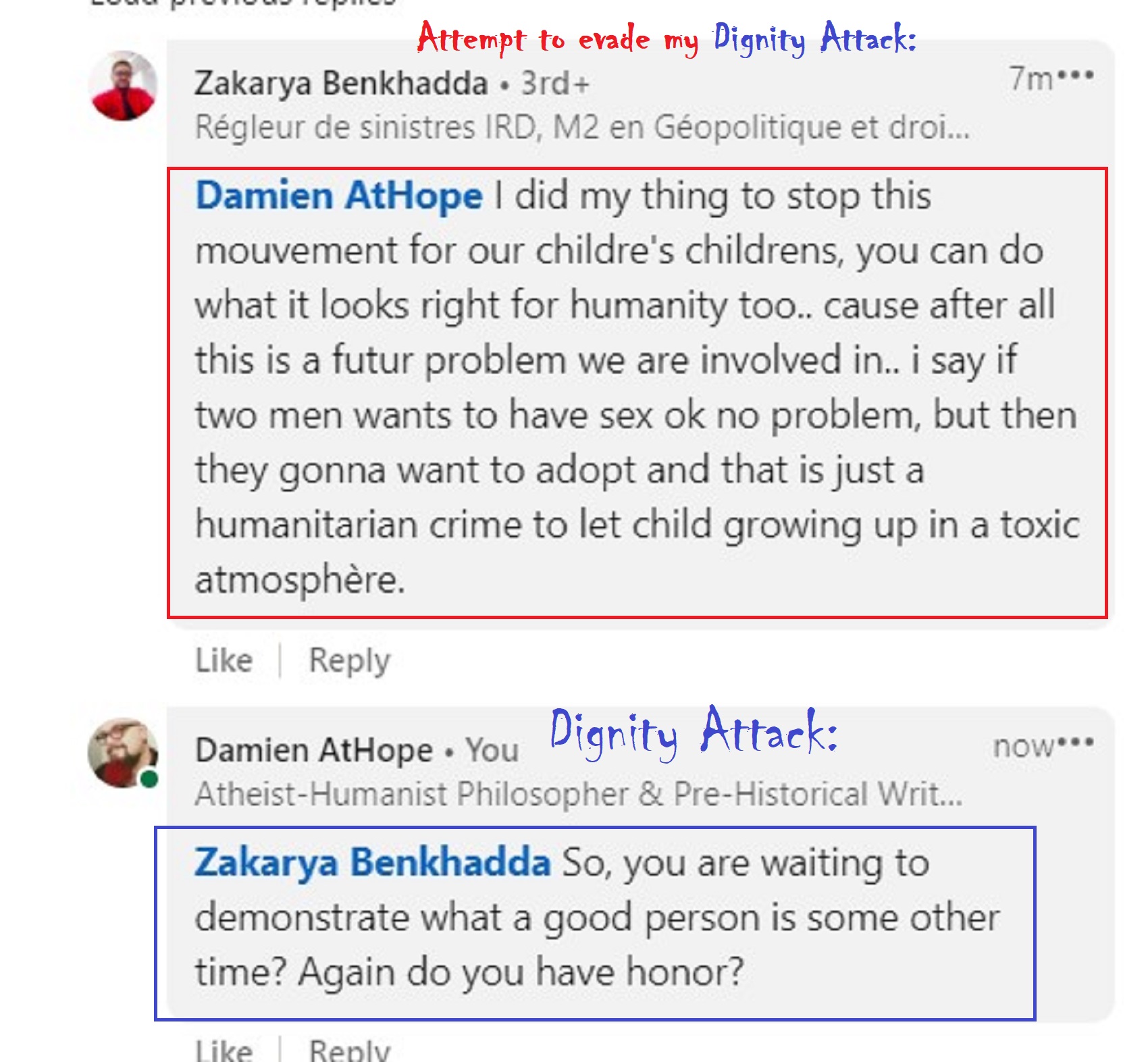
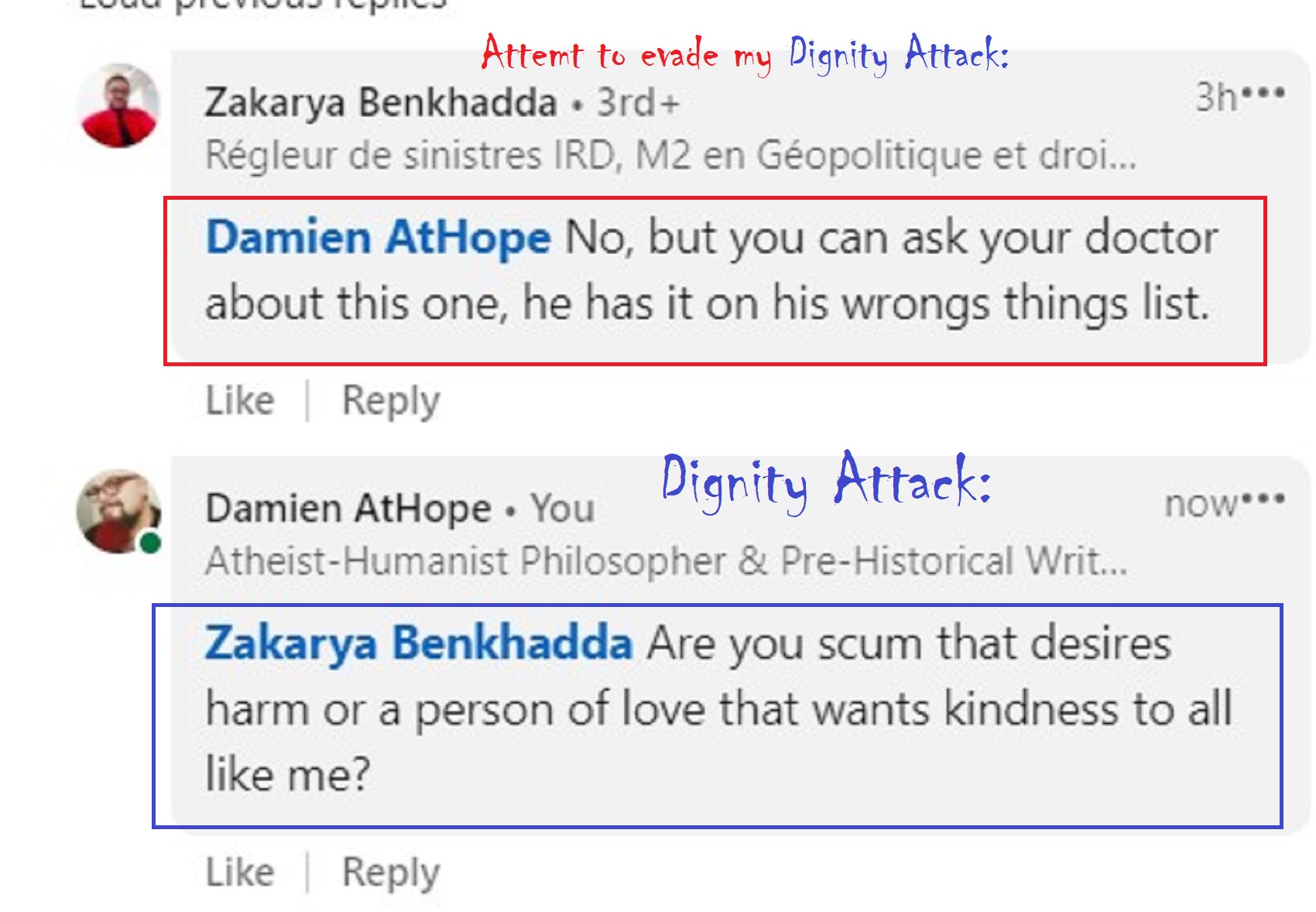
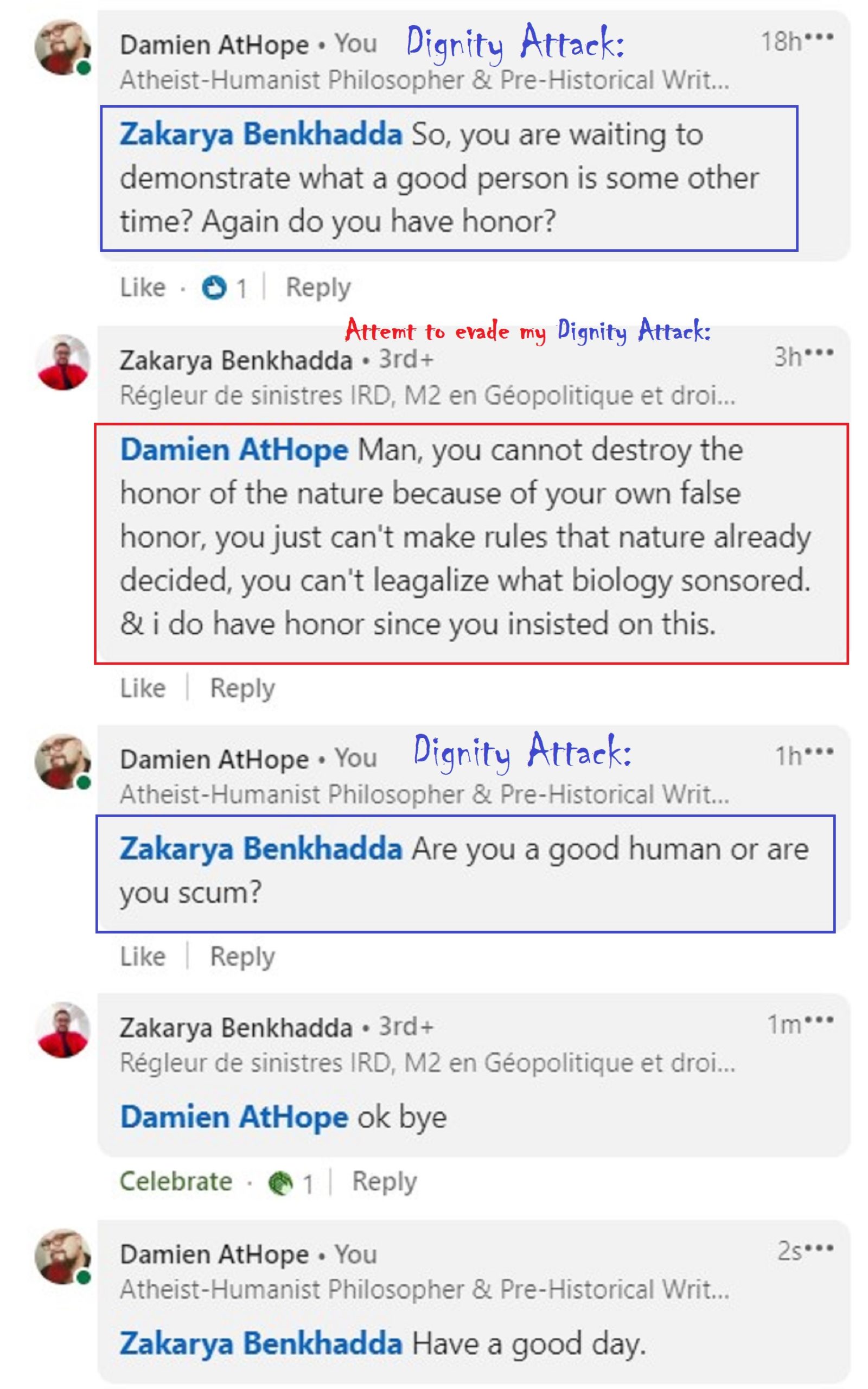

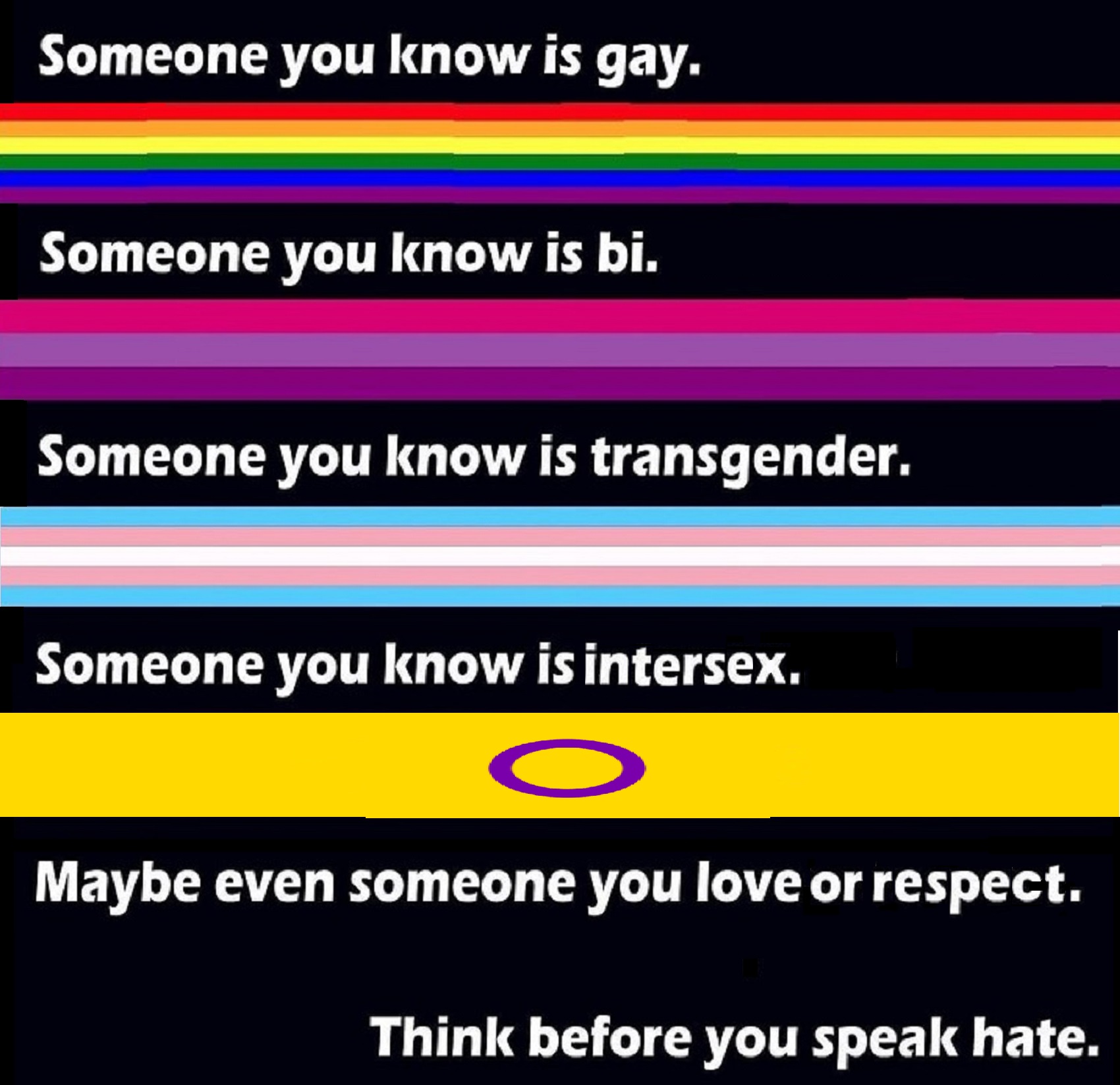
I am Antifa
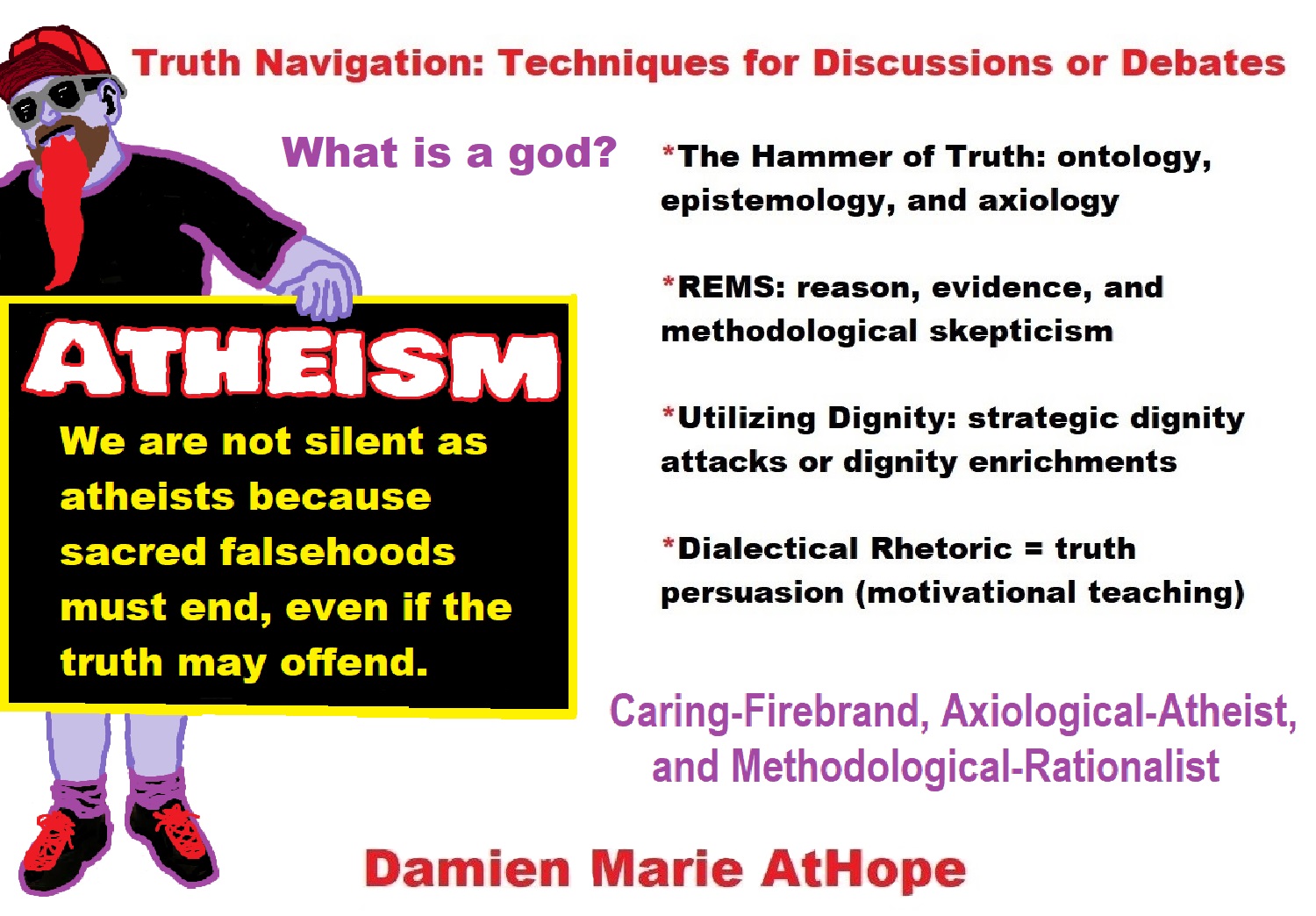
Truth Navigation: Techniques for Discussions or Debates
Truth Navigation and the fallacy of Fideism “faith-ism”
Truth Navigation: “Belief-Etiquette”
Navigation of a bad argument: Ad Hominem vs. Attack
Truth is a Value (axiological) Judgment.
A Sound Thinker: uses disciplined rationality
A Shallow Thinker: undisciplined, situational, sporadic, or limited thinking.
Compare ideas not people, attack thinking and not people. In this way, we have a higher chance to promote change because it’s the thinking we can help change if we address the thinking and don’t attack them.
My eclectic set of tools for my style I call “Truth Navigation” (Techniques for Discussions or Debates) which involves:
*REMS: reason (rationalism), evidence (empiricism), and methodological “truth-seeking” skepticism (Methodic doubt) (the basic or general approach)
*The Hammer of Truth: ontology, epistemology, and axiology (methodological use of philosophy)
*Dialectical Rhetoric = truth persuasion: use of facts and reasoning (motivational teaching)
*Utilizing Dignity: strategic dignity attacks or dignity enrichments (only used if confusion happens or resistance is present)
Asking the right questions at the right time with the right info can also change minds, you can’t just use facts all on their own. Denial likes consistency, the pattern of thinking cannot vary from a fixed standard of thinking, or the risk of truth could slip in. Helping people alter skewed thinking is indeed a large task but most definitely a worthy endeavor. Some of my ideas are because I am educated both some in college (BA in Psychology with addiction treatment, sociology, and a little teaching and criminology) and also as an autodidact I have become somewhat educated in philosophy, science, archeology, anthropology, and history but this is not the only reason for all my ideas. It is also because I am a deep thinker, just striving for truth. Moreover, I am a seeker of truth and a lover of that which is true.
May I not be a silent watcher as millions of children are subjugated almost before their birth let alone when they can understand thought and are forcibly coerced, compelled, constrained, and indoctrinated in the mental pollution that religion can be.
My main goal against religion is to fully stop as much as possible forced indoctrination, one could ask but then why do I challenge all adults faith? well, who do you think is doing the lying to children in the first place. End Hereditary religion, if its a belief let them the equal right to choose to believe.
*Dialectical Rhetoric = truth persuasion: use of facts and reasoning (motivational teaching)
I use a kind of Dialectical Rhetoric = truth persuasion (motivational teaching)
I don’t really follow the Socratic method, as I feel it is limited for me, it mainly is a dialectical only approach, seeking truth without persuasion. Like most dialectical approaches, It is a form of cooperative dialogue to stimulate critical thinking and to draw out ideas and underlying presumptions. But I add Rhetoric to my use of Dialectics, thus my “Dialectical Rhetoric.”
Religions have undialectical rhetoric = pseudo-truth persuasion (indoctrination of dogmatic propaganda)
I use a kind of Dialectical Rhetoric= truth persuasion (motivational teaching)
“Navigate Truth through reasoned arguments”
“Dialectic or dialectics, also known as the dialectical method, is a discourse between two or more people holding different points of view about a subject but wishing to establish the truth through reasoned arguments. In philosophy, dialectic or dialectical method implied a methodology used for examining and cognition of philosophical objects. Dialectical methods demands the users to examine the objects in relation to other objects and to the whole system, and examine the objects within a dynamic, evolutionary environment. Dialectical method is usually contrasted with metaphysical method, which examine the objects in a separated, isolated and static environment. Dialectical method has three main forms corresponding to three developmental stages. Naive dialectic, emerging in ancient history, mainly relied on intuition and personal experience with limited supporting scientific evidences. Idealistic dialectic, a product of classic German idealism and reaching its zenith in the works of Hegel, was the first systematic form of dialectical method. Materialistic dialectics, built mainly by Karl Marx, Friedrich Engels and Vladimir Lenin, adapted the Hegelian dialectic into traditional materialism. The term dialectic is not synonymous with the term debate. While in theory debaters are not necessarily emotionally invested in their point of view, in practice debaters frequently display an emotional commitment that may cloud rational judgment. Debates are won through a combination of persuading the opponent, proving one’s argument correct, and proving the opponent’s argument incorrect. Debates do not necessarily require promptly identifying a clear winner or loser; however, clear winners are frequently determined by a judge, a jury, or group consensus. The term dialectics is also not synonymous with the term rhetoric, a method or art of discourse that seeks to persuade, inform, or motivate an audience. Concepts like “logos” or rational appeal, “pathos” or emotional appeal, and “ethos” or ethical appeal, are intentionally used by rhetoricians to persuade an audience. Socrates favored truth as the highest value, proposing that it could be discovered through reason and logic in discussion: ergo, dialectic. Socrates valued rationality (appealing to logic, not emotion) as the proper means for persuasion, the discovery of truth, and the determinant for one’s actions. To Socrates, truth, not aretē (moral virtue), was the greater good, and each person should, above all else, seek truth to guide one’s life. Therefore, Socrates opposed the Sophists and their teaching of rhetoric as art and as emotional oratory requiring neither logic nor proof. Different forms of dialectical reasoning have emerged throughout history from the Indosphere (Greater India) and the West (Europe). These forms include the Socratic method, Hindu, Buddhist, Medieval, Hegelian, Marxist, Talmudic, and Neo-orthodoxy dialectics.” ref
Error Crushing Force of the Dialectic Questions and the Hammer of Truth
How can we silently watch as yet another generation is indoctrinated with religious faith, fear, and foolishness? Religion and its god myths are like a spiritually transmitted disease of the mind. This infection even once cured holds mental disruption which can linger on for a lifetime. What proof is “faith,” of anything religion claims by faith, as many people have different faith even in the same religion? When you start thinking your “out, atheism, antitheism or antireligionism is not vitally needed just remember all the millions of children being indoctrinated and need our help badly. Ones who desperately need our help with the truth. Three things are common in all religions: “pseudo-science,” “pseudo-history,” and “pseudo-morality.” And my biggest thing of all is the widespread forced indoctrination of children, violating their free choice of what to not believe or believe, I hate forced hereditary religion.
Grasping the Power and Value of Dignity
We are at a time of great change and a time where human dignity is being championed and from this positive change happens.
So, one may ask well, what is this thing dignity anyway?
Before I address this, I am reminded that Father’s Day is for many a time of great appreciation for loving fathers. I on the other hand have no bright story of my father but rather a set of dark postcard memories of abuse and a general lack of respect for my rights or human dignity. The vulnerable are always at risk for dignity violations.
I wish to not be the thing abuse made as I value not just my own dignity but that of others. Because if the only rights one fights for are their own then they have a lot to learn about the value of rights.
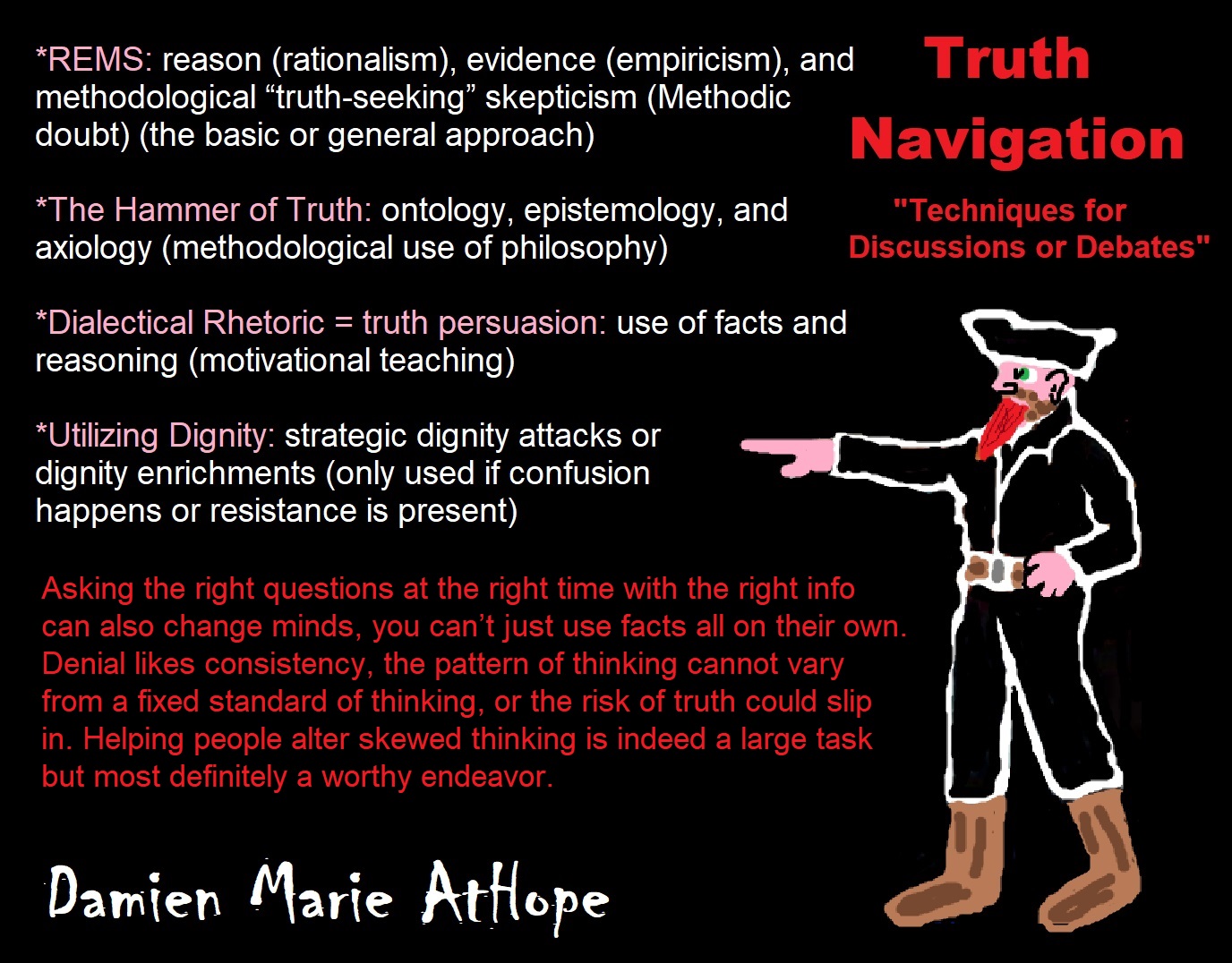

While hallucinogens are associated with shamanism, it is alcohol that is associated with paganism.
The Atheist-Humanist-Leftist Revolutionaries Shows in the prehistory series:
Show two: Pre-animism 300,000 years old and animism 100,000 years old: related to “Anarchism and Socialism”
Show tree: Totemism 50,000 years old: related to “Anarchism and Socialism”
Show four: Shamanism 30,000 years old: related to “Anarchism and Socialism”
Show five: Paganism 12,000 years old: related to “Anarchism and Socialism”
Show six: Emergence of hierarchy, sexism, slavery, and the new male god dominance: Paganism 7,000-5,000 years old: related to “Anarchism and Socialism” (Capitalism) (World War 0) Elite and their slaves!
Prehistory: related to “Anarchism and Socialism” the division of labor, power, rights, and recourses: VIDEO
Pre-animism 300,000 years old and animism 100,000 years old: related to “Anarchism and Socialism”: VIDEO
Totemism 50,000 years old: related to “Anarchism and Socialism”: VIDEO
Shamanism 30,000 years old: related to “Anarchism and Socialism”: VIDEO
Paganism 12,000 years old: related to “Anarchism and Socialism” (Pre-Capitalism): VIDEO
Paganism 7,000-5,000 years old: related to “Anarchism and Socialism” (Capitalism) (World War 0) Elite and their slaves: VIEDO
Paganism 5,000 years old: progressed organized religion and the state: related to “Anarchism and Socialism” (Kings and the Rise of the State): VIEDO
Paganism 4,000 years old: related to “Anarchism and Socialism” (First Moralistic gods, then the Origin time of Monotheism): VIEDO
I do not hate simply because I challenge and expose myths or lies any more than others being thought of as loving simply because of the protection and hiding from challenge their favored myths or lies.
The truth is best championed in the sunlight of challenge.
An archaeologist once said to me “Damien religion and culture are very different”
My response, So are you saying that was always that way, such as would you say Native Americans’ cultures are separate from their religions? And do you think it always was the way you believe?
I had said that religion was a cultural product. That is still how I see it and there are other archaeologists that think close to me as well. Gods too are the myths of cultures that did not understand science or the world around them, seeing magic/supernatural everywhere.
I personally think there is a goddess and not enough evidence to support a male god at Çatalhöyük but if there was both a male and female god and goddess then I know the kind of gods they were like Proto-Indo-European mythology.
This series idea was addressed in, Anarchist Teaching as Free Public Education or Free Education in the Public: VIDEO
Our 12 video series: Organized Oppression: Mesopotamian State Force and the Politics of power (9,000-4,000 years ago), is adapted from: The Complete and Concise History of the Sumerians and Early Bronze Age Mesopotamia (7000-2000 BC): https://www.youtube.com/watch?v=szFjxmY7jQA by “History with Cy“
Show #1: Mesopotamian State Force and the Politics of Power (Samarra, Halaf, Ubaid)
Show #2: Mesopotamian State Force and the Politics of Power (Eridu “Tell Abu Shahrain”)
Show #3: Mesopotamian State Force and the Politics of Power (Uruk and the First Cities)
Show #4: Mesopotamian State Force and the Politics of Power (First Kings)
Show #5: Mesopotamian State Force and the Politics of Power (Early Dynastic Period)
Show #6: Mesopotamian State Force and the Politics of Power (King/Ruler Lugalzagesi)
Show #7: Mesopotamian State Force and the Politics of Power (Sargon and Akkadian Rule)
Show #9: Mesopotamian State Force and the Politics of Power (Gudea of Lagash and Utu-hegal)
Show #12: Mesopotamian State Force and the Politics of Power (Aftermath and Legacy of Sumer)

The “Atheist-Humanist-Leftist Revolutionaries”
Cory Johnston ☭ Ⓐ Atheist Leftist @Skepticallefty & I (Damien Marie AtHope) @AthopeMarie (my YouTube & related blog) are working jointly in atheist, antitheist, antireligionist, antifascist, anarchist, socialist, and humanist endeavors in our videos together, generally, every other Saturday.
Why Does Power Bring Responsibility?
Think, how often is it the powerless that start wars, oppress others, or commit genocide? So, I guess the question is to us all, to ask, how can power not carry responsibility in a humanity concept? I know I see the deep ethical responsibility that if there is power their must be a humanistic responsibility of ethical and empathic stewardship of that power. Will I be brave enough to be kind? Will I possess enough courage to be compassionate? Will my valor reach its height of empathy? I as everyone, earns our justified respect by our actions, that are good, ethical, just, protecting, and kind. Do I have enough self-respect to put my love for humanity’s flushing, over being brought down by some of its bad actors? May we all be the ones doing good actions in the world, to help human flourishing.
I create the world I want to live in, striving for flourishing. Which is not a place but a positive potential involvement and promotion; a life of humanist goal precision. To master oneself, also means mastering positive prosocial behaviors needed for human flourishing. I may have lost a god myth as an atheist, but I am happy to tell you, my friend, it is exactly because of that, leaving the mental terrorizer, god belief, that I truly regained my connected ethical as well as kind humanity.
Cory and I will talk about prehistory and theism, addressing the relevance to atheism, anarchism, and socialism.
At the same time as the rise of the male god, 7,000 years ago, there was also the very time there was the rise of violence, war, and clans to kingdoms, then empires, then states. It is all connected back to 7,000 years ago, and it moved across the world.
Cory Johnston: https://damienmarieathope.com/2021/04/cory-johnston-mind-of-a-skeptical-leftist/?v=32aec8db952d
The Mind of a Skeptical Leftist (YouTube)
Cory Johnston: Mind of a Skeptical Leftist @Skepticallefty
The Mind of a Skeptical Leftist By Cory Johnston: “Promoting critical thinking, social justice, and left-wing politics by covering current events and talking to a variety of people. Cory Johnston has been thoughtfully talking to people and attempting to promote critical thinking, social justice, and left-wing politics.” http://anchor.fm/skepticalleft
Cory needs our support. We rise by helping each other.
Cory Johnston ☭ Ⓐ @Skepticallefty Evidence-based atheist leftist (he/him) Producer, host, and co-host of 4 podcasts @skeptarchy @skpoliticspod and @AthopeMarie
Damien Marie AtHope (“At Hope”) Axiological Atheist, Anti-theist, Anti-religionist, Secular Humanist. Rationalist, Writer, Artist, Poet, Philosopher, Advocate, Activist, Psychology, and Armchair Archaeology/Anthropology/Historian.
Damien is interested in: Freedom, Liberty, Justice, Equality, Ethics, Humanism, Science, Atheism, Antiteism, Antireligionism, Ignosticism, Left-Libertarianism, Anarchism, Socialism, Mutualism, Axiology, Metaphysics, LGBTQI, Philosophy, Advocacy, Activism, Mental Health, Psychology, Archaeology, Social Work, Sexual Rights, Marriage Rights, Woman’s Rights, Gender Rights, Child Rights, Secular Rights, Race Equality, Ageism/Disability Equality, Etc. And a far-leftist, “Anarcho-Humanist.”
With religion, it is like your brain is in a noose, squeezing out any hope of critical thinking about religious beliefs. Leaving the victim faith-drunk as if all the oxygen of their mental freedom is cut off and hope for self-mastery is but some far away fantasy out of reach.
My Thought on the Evolution of Gods?
Animal protector deities from old totems/spirit animal beliefs come first to me, 13,000/12,000 years ago, then women as deities 11,000/10,000 years ago, then male gods around 7,000/8,000 years ago. Moralistic gods around 5,000/4,000 years ago, and monotheistic gods around 4,000/3,000 years ago.


Damien Marie AtHope’s Art
Damien Marie AtHope (Said as “At” “Hope”)/(Autodidact Polymath but not good at math):
Axiological Atheist, Anti-theist, Anti-religionist, Secular Humanist, Rationalist, Writer, Artist, Jeweler, Poet, “autodidact” Philosopher, schooled in Psychology, and “autodidact” Armchair Archaeology/Anthropology/Pre-Historian (Knowledgeable in the range of: 1 million to 5,000/4,000 years ago). I am an anarchist socialist politically. Reasons for or Types of Atheism
My Website, My Blog, & Short-writing or Quotes My YouTube, Twitter: @AthopeMarie, and My Email: damien.marie.athope@gmail.com



